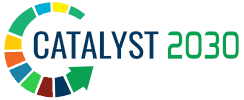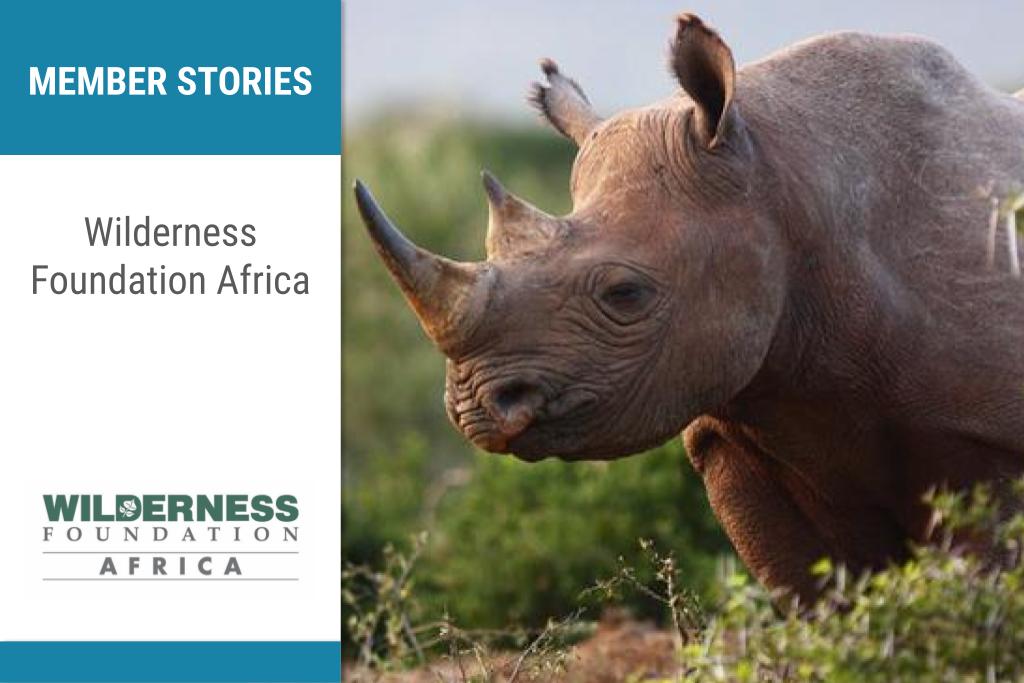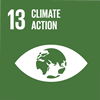
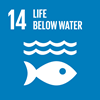
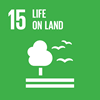
Catalyst 2030 member, Wilderness Foundation Africa (WFA), is a conservation organisation which has been working since 1972 to protect and sustain all life on earth for the benefit of current and future generations. WFA embodies a passion for direct conservation action; respect for all living things; a deep commitment to conservation education; and works in ways that demonstrate integrity, transparency, sustainability, and innovation.
Social entrepreneurs are known for finding solutions for society’s problems. What is the problem that you are addressing, and what is your solution?
Life has existed on Earth for roughly 3.7 billion years. During that time we know of five mass extinction level events – dramatic episodes when many if not most, of life forms have vanished in a geological flash of the eye, once gone never to come back. Extinction is forever.
We are now in the midst of a sixth mass extinction event, particularly affecting wildlife and invertebrates – (animals without backbones, mostly insects) – which make up about 99% of all animal species. Invertebrates include crabs, snails, worms, corals, as well as insects, such as bees; beetles and flies. These species fill many vital roles in ecosystems (and our agriculture industry) as pollinators, recyclers of nutrients, scavengers and food for others.
The current rate of extinction of these species is at least 1000 times higher than at any time in human history. Unlike all previous extinction events, this extinction is driven largely by the increasing impacts of humanity on this earth.
Wilderness Foundation Africa is responding to this crisis through species recovery, rewilding and restoration programmes. WFA works in three key focus areas: Species, Spaces and People in its attempts to reach its vision of a world that has sufficient intact natural ecosystems and wilderness areas that are valued and effectively protected for the benefit of all. The organisation strives to create opportunities for the disadvantaged youth of South Africa.
Advocacy and leveraging public support to influence key environmental and conservation decisions and policy has been central to WFA’s work. In the late 1980’s, WFA led a successful campaign of 400 NGO’s locally and internationally to convince the South African government to stop open pit-mining on the dunes of the eastern shores of St Lucia (the oldest protected area in Africa), and in 1999, UNESCO recognised the Greater St Lucia Wetland Park (now Isimangaliso) as a World Heritage Site. WFA has also played a lead role in creating two other iconic World Heritage Sites: the Baviaanskloof Mega Reserve (2001) and the Okavango Delta (2014).
What do you see as the benefit of your Catalyst 2030 membership?
Networking with like-minded people who are committed to causes and creating a better world for all.
Are you collaborating with any other Catalyst 2030 members?
We share ideas and contacts with some members like Mothers to Mothers, and others.
